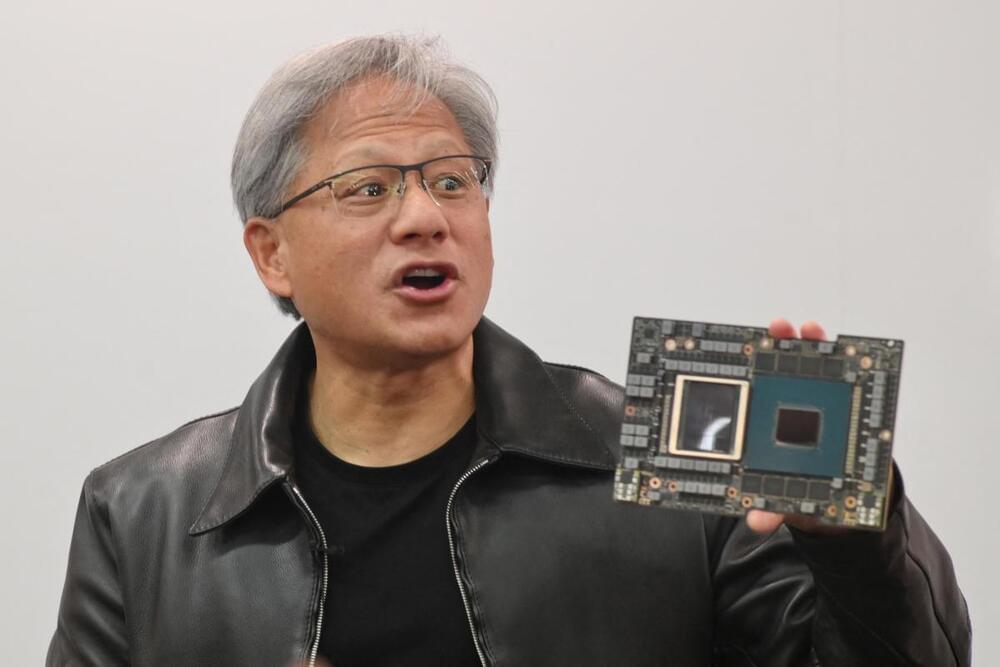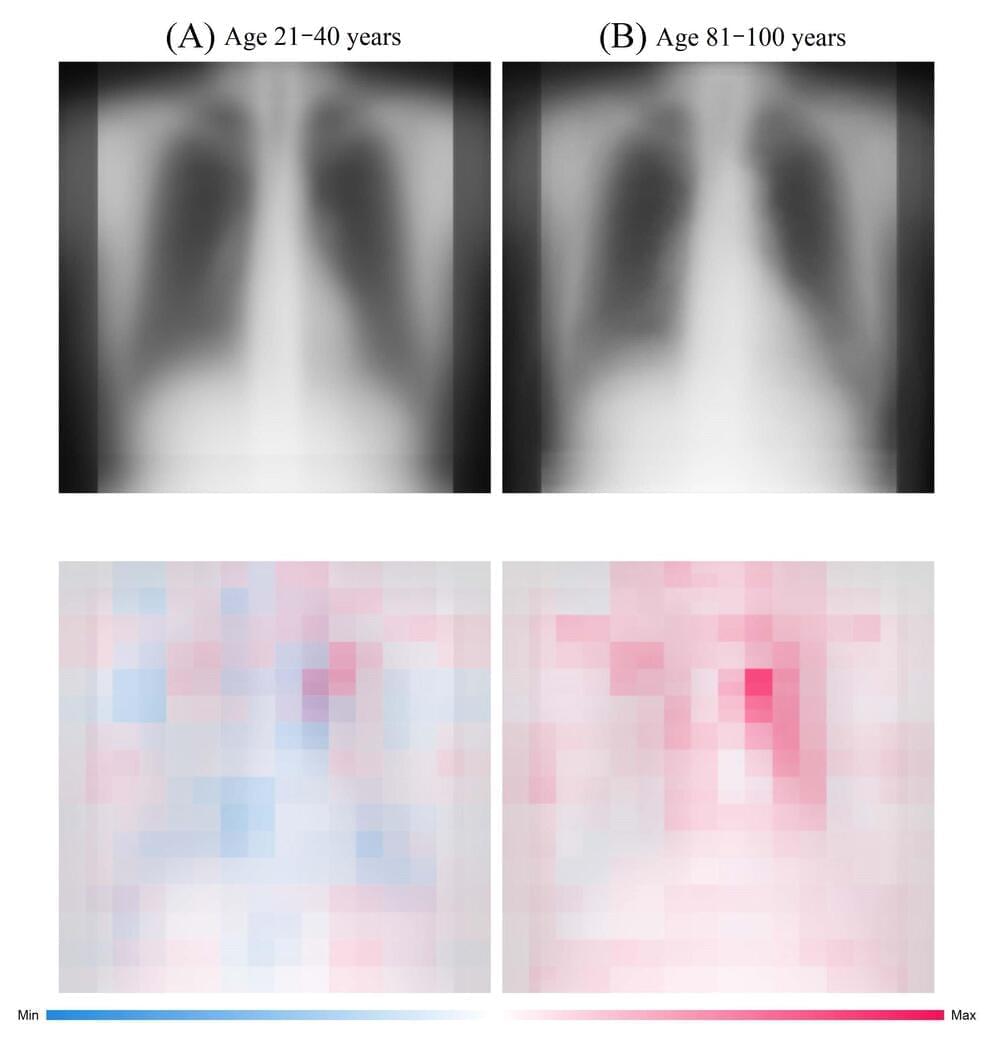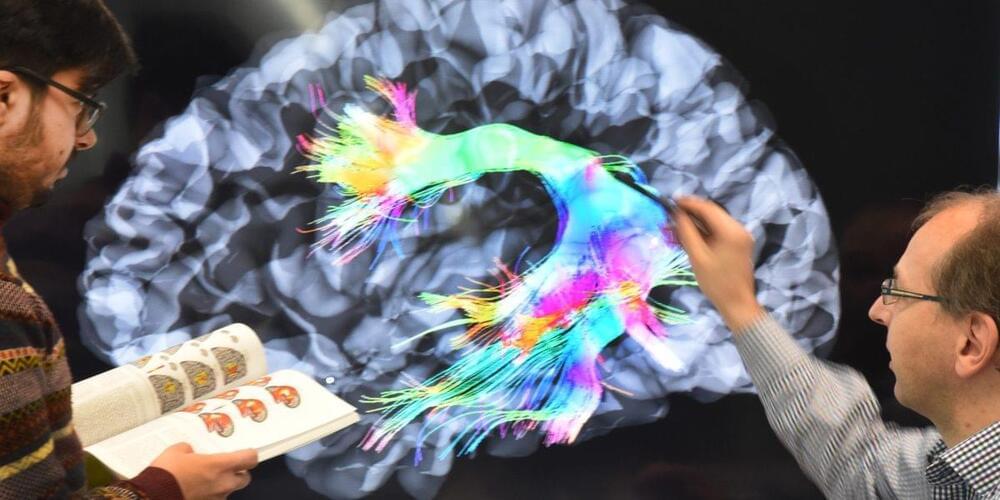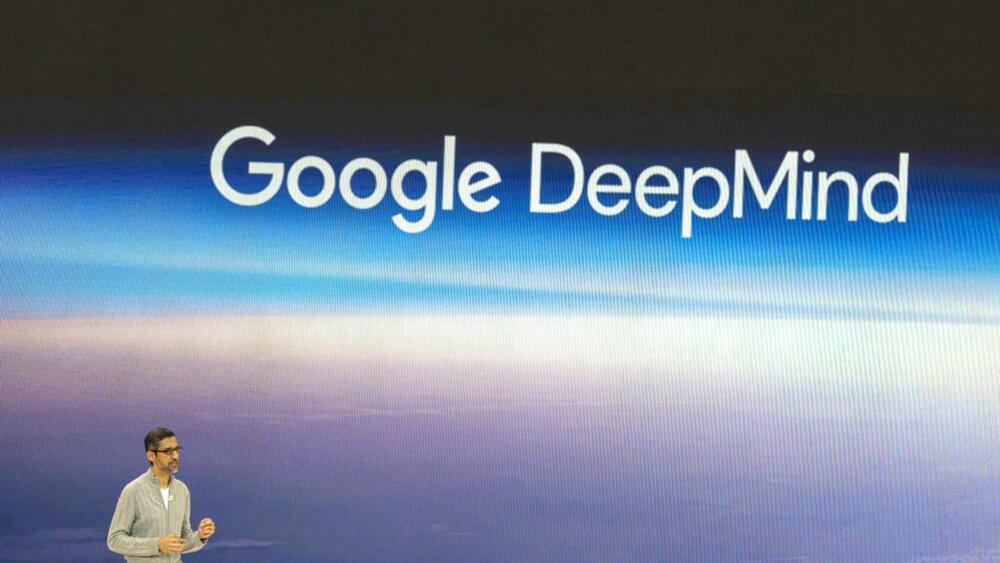Nvidia (NVDA) will report its second quarter earnings after the closing bell next Wednesday, setting up what will be the AI hype cycle’s biggest test yet. During this AI gold rush, companies around the world looking to profit have turned to Nvidia’s graphics processors to power new AI software and platforms.
Currently, tech firms of all sizes are doing everything they can to get their hands on Nvidia chips. During Tesla’s (TSLA) Q2 earnings call, CEO Elon Musk told analysts that the automaker will take as many Nvidia graphics processors as the company can produce.
Nvidia is widely expected to have a blowout earnings report. A miss could derail the AI hype train.


 עברית (Hebrew)
עברית (Hebrew)



